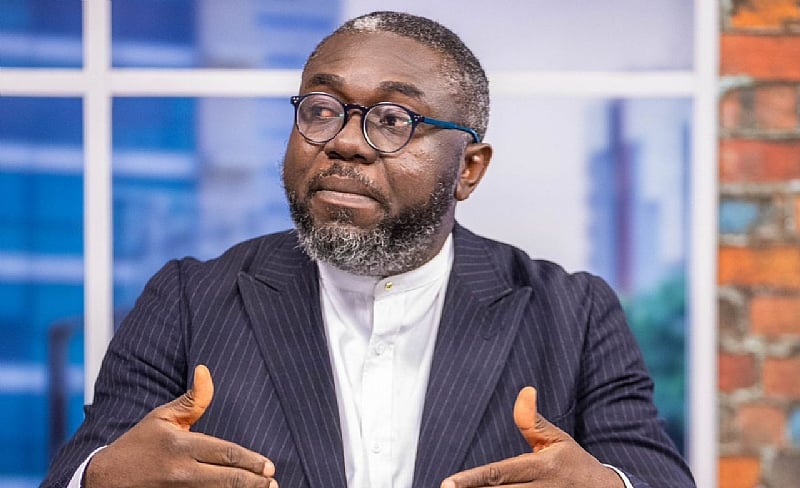Oliver Barker Vormawor, a prominent Ghanaian social activist and leader of the Democracy Hub pressure group, has launched a scathing critique of President John Dramani Mahama’s decision to accept deported West African nationals from the United States. Vormawor’s criticism centers on the potential ramifications of this agreement, arguing that it could transform Ghana into a repository for individuals caught in the crosshairs of what he terms President Donald Trump’s “racist immigration politics.” This decision, he contends, echoes the controversial acceptance of Guantanamo Bay detainees during Mahama’s previous term, a move ultimately deemed unconstitutional by the Supreme Court for bypassing parliamentary approval.
The crux of Vormawor’s argument lies in the perceived lack of transparency and due process surrounding the agreement. He questions whether this new deal, struck during what he refers to as Mahama’s “legacy term,” has received the necessary parliamentary scrutiny and approval, particularly given the precedent set by the Guantanamo Bay case. The activist emphasizes the importance of upholding Ghana’s constitutional principles in all international agreements, cautioning against actions that could potentially undermine the nation’s standing on the global stage. He expresses concern that agreeing to absorb deportees from other countries, particularly in the context of what he sees as racially motivated immigration policies, could tarnish Ghana’s image and reputation.
Vormawor’s comments highlight a broader concern about the potential exploitation of African nations as dumping grounds for individuals deemed undesirable by Western powers. He characterizes the agreement as a concession to Trump’s political agenda, suggesting that Ghana’s acceptance of these deportees serves to facilitate the U.S. administration’s immigration objectives. This raises questions about the balance of power in international relations and the potential for smaller nations to be pressured into accepting agreements that may not be in their best interests. The activist’s invocation of the Guantanamo Bay case serves as a reminder of the importance of upholding democratic principles and the rule of law, even in the face of international pressure.
The situation also underscores the complexities of immigration policies and their impact on individuals and nations. Deportation, often a contentious issue, carries significant consequences for those forced to leave their adopted homes and return to countries they may have little connection to. In this case, the deportees in question are West African nationals, some of whom may not be Ghanaian citizens, adding another layer of complexity to their repatriation. Vormawor’s criticism raises questions about the ethical implications of accepting these individuals and the responsibility Ghana bears towards them, particularly if they are not originally from Ghana.
Furthermore, the agreement raises concerns about the potential strain on Ghana’s resources and infrastructure. Accepting deportees from other countries could place additional burdens on social services, housing, and employment opportunities. Without adequate planning and resources, the influx of deportees could exacerbate existing challenges and potentially create social tensions. Vormawor’s criticism implicitly calls for a thorough assessment of the potential impact of this agreement on Ghana’s social fabric and the well-being of its citizens.
In conclusion, Oliver Barker Vormawor’s criticism of President Mahama’s decision to accept deported West African nationals from the United States raises crucial questions about national sovereignty, constitutional principles, and the ethical implications of international agreements. His concerns about Ghana becoming a dumping ground for individuals caught in the crossfire of U.S. immigration policies, the lack of transparency surrounding the agreement, and the potential strain on Ghana’s resources underscore the need for careful consideration and robust debate on this issue. The situation serves as a reminder of the importance of upholding democratic values, protecting national interests, and ensuring that international agreements are made in the best interest of all parties involved.


